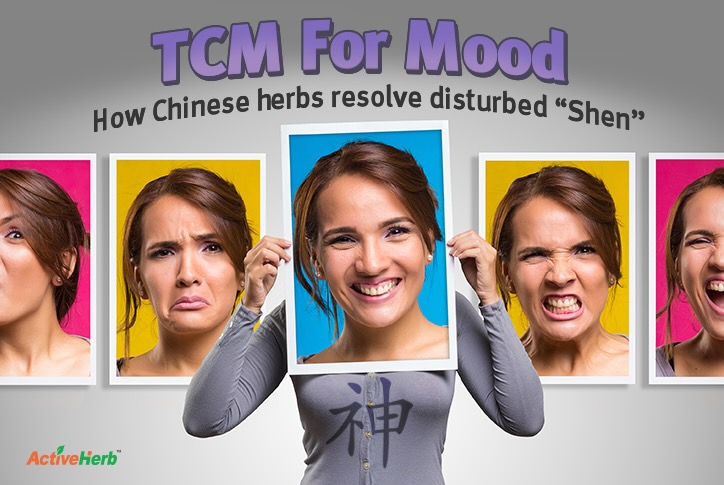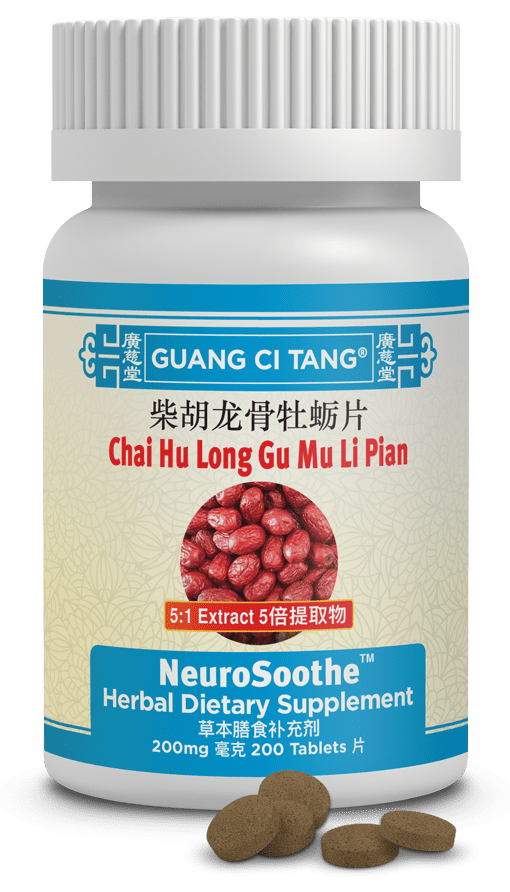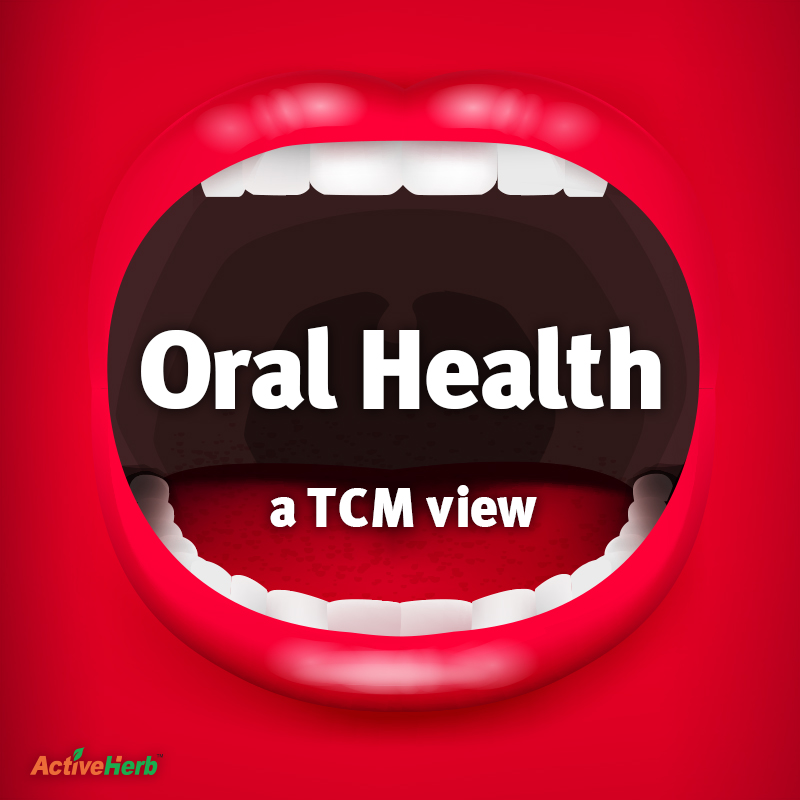TCM For Mood: How Chinese Herbs Resolve Disturbed “Shen”

You’re very lucky or a spiritual master if your Shen (“spirit”) is not at least slightly disturbed lately. Consider: A pending, all-but-certain tumultuous Presidential election. Broiling global geopolitical conflicts that seem light years away from winding down. Stubborn inflation and continued rising costs of goods and services.
As if all that weren’t enough, the San Diego Padres—ActiveHerb’s hometown baseball team—are once again mired in mediocrity despite high expectations. Ugh! These pressure cookers are enough to make you want to smack yourself upside your head and scream like an Edvard Munch painting.
Thankfully, scientific research studies suggest that TCM is a viable complement to Western medicine for keeping the blues at bay.
Disturbed Shen: The Root Cause of Mood Dysregulation in TCM
For over 3,000 years, Traditional Chinese Medicine (TCM) has addressed disorders of Shen. As the Maryland University of Integrative Health (MUIH) explains, “When the shen is disturbed, manifestations might include a feeling of lack of meaning in one’s life, an inability to connect to other people, feelings of worthlessness and self-loathing, lack of energy, and feeling inauthentic, among other things.”
When the Shen is disturbed, Qi (the energetic force in the body and cosmos) becomes stuck. This lack of smooth Qi causes emotions to also become stuck in unpleasant places, such as fear, anger, or grief. TCM resolves mood dysregulation by “reconnecting the spirit with the deepest sense of our self, and with something larger than ourselves,” explains MUIH Professor Heidi Most, who is a Licensed Acupuncturist (L. Ac.) with a Diplomate of Acupuncture from the National Certification Commission of Acupuncture and Oriental Medicine. Most explains that TCM for mood support works by guiding the Qi to move more smoothly, alleviating feelings of being stuck emotionally or spiritually.
TCM’s Rising Acceptance In Western Medicine
Over the last few decades, TCM has become increasingly accepted as a complementary and adjunct therapy. In fact, MUIH says that according to the National Institutes of Health (NIH), TCM is a viable complementary therapy for alleviating pain and improving quality of life. Moreover, the NIH’s National Center for Complementary and Integrative Health is currently funding various research studies on TCM’s role in helping relieve other health concerns, including cardiovascular conditions.
As for how TCM may help regulate mood, Professor Most emphasizes utilizing the broad umbrella of TCM modalities. This includes acupuncture, herbal formulas, dietary therapy, Qi gong, and Tai Chi. Most adds that eating healthfully and exercising is paramount to reconnecting with your Shen—even when acupuncture and Chinese herbs are used. A skilled TCM practitioner educates patients on the nutritional philosophy of the 5 Tastes of TCM to balance one’s constitutional type. As for Qi Gong and Tai Chi, they help balance the Shen because these moving meditations gently move energy in the body. In comparison, high-intensity exercises that are popular in the West, such as Crossfit, may actually create more stress in the body, thus promoting more disturbance of Shen.
Opening the Orifices For Mood Regulation In TCM
Professor Most offers another suggestion for regulating mood: opening the sensory orifices. This concept involves using incense, chanting, voice therapy, sound therapy, and visualizations to help move out of stuck energy. Certain TCM herbs such as Shi Chang Pu (Sweetflag/Acorus) can vaporize phlegm. This is an important mechanism because phlegm causes Qi stagnation and disturbs Shen.
TCM Solutions For Mood: No One-Size-Fits-All
Despite the myriad of TCM herbs and formulas, TCM always treats the individual and not the disease, Most suggests. “The treatment is really based on the individual. It’s like making a beautiful meal: the points and herbs work synergistically to create something that is larger than the individual ingredients,” says Most in an article on the MUIH website.
However, there are acupressure points and TCM herbs that may be very useful for many people. For the former, Most says acupressure points on the upper chest serve as Kidney transport points. (One such point is Kidney 1 [K1] or Gushing Spring, which is located on the sole of the foot, in the depression between the second and third metatarsal bones, approximately one-third of the distance between the base of the second toe and the heel.) These points involve an emotional or spiritual aspect that relates to one of the five elements. For example, grief is associated with the metal element, according to 5 element theory.
Interestingly, Most adds that certain TCM herbs that are common for treating wounds may be useful for mood. “The thought is that the spirit can be wounded just like the physical body,” Most says, adding, “There are points and herbs that can help open our eyes so we see the world differently and that can help calm our fears, or give us the will to face the world.
Does Scientific Research Support TCM for Mood?
The short answer is kinda, sorta.
Several research studies do, in fact, suggest that TCM modalities, including herbal preparations, may serve as viable complements to Western medicine. However, the quality of research varies, and further rigorous studies are needed to fully establish their efficacy and safety.
That being said, however, 3,000 years of history, anecdotal evidence, systematic reviews and meta-analyses, and observational studies should also be considered.
For instance, a research review in Current Neuropharmacology suggests that Chinese herbs may help regulate mood through various mechanisms, including “re-uptake of monoamines, affecting neuroreceptor binding and channel transporter activity, modulating neuronal communication or the hypothalamic-pituitary-adrenal axis.” In the review, the herb, Chai Hu (Bupleurum root) is a chief component of an ancient formula Xiao Chai Hu Tang, which was formulated “decades before Christ” and originally documented in the classic book
Treatise on Cold-Induced Febrile Disease (Shang Han Lun).
Choose The Chai Hu That’s Right For You
Chai Hu is the namesake herb in two TCM formulas for mood. First, there’s Chai Hu Shu Gan, available through ActiveHerb’s Guang Ci Tang brand as Bupleuri LiverSoothe, which resolves Liver Qi stagnation. Bupleurum, the chief herb in the formula, “reportedly contains remarkable” mood-supporting pharmacological activities in animal studies, says the aforementioned research review in “Current Neuropharmacology.”
In addition, Chai Hu may support cognitive function during stressful times, thanks to the formula, Chai Hu Long Gu Mu Li, a.k.a. NeuroSoothe.
Soothe Your Throat & Your Mind
MUIH’s Professor Most also recommends the ancient TCM formula, Ban Xia Hou Pu, available through ActiveHerb as PharynJoy, so named because of its time-tested ability to promote comfort in the throat. It just so happens that Ban Xia Hou Pu is also a formula for mental health support.
Take It Easy With EaseTonic
In addition to Bupleuri LiverSoothe, NeuroSoothe, and PharynJoy, Ease Tonic is well-regarded for supporting mood and soothing the spirit. The formula, which includes Chai Hu/Bupleurum Root and nine other herbs, is based on Xiao Yao San (XYS). XYS was first documented in the medical book Taiping Huimin Heji Jufang. Translated as “Prescriptions of the Bureau of the Management and Administration of Pharmacy,” it is the earliest book of patent medicine in China, dating from the Song Dynasty (960–1127 CE).
Modern research supports the ancient use of XYS for mood. Positive results span several animal studies, including a comparative study published in the Journal of Ethnopharmacology. Researchers theorize that the synergistic formula’s efficacy may be due to significantly increasing Brain-derived neurotrophic factor (BDNF). Additionally, the formula may work by increasing serotonin and its metabolites in the brain.
TCM for Mood Regulation: Conclusion
Of course, more research is needed, and no TCM formula should be considered a surrogate for Western medicine. That being said, according to MUIH, decades of scientific data and thousands of years of application support TCM as an effective way to support the body and mind.
Because of global stressors over the last few years, an ever-increasing number of people are experiencing crises of disturbed Shen. Chinese herbal formulas should not be considered a one-size-fits-all panacea for mood regulation. However, these well-studied, centuries-old botanical decoctions may offer an effective natural adjunct solution. When combined with Western interventions, a healthy diet, exercise and stress management, and other TCM modalities such as acupuncture, and Chinese herbs for mood may help you reconnect with your Shen.
Do you use Chinese herbs or other TCM modalities for mood support? Let others know.







